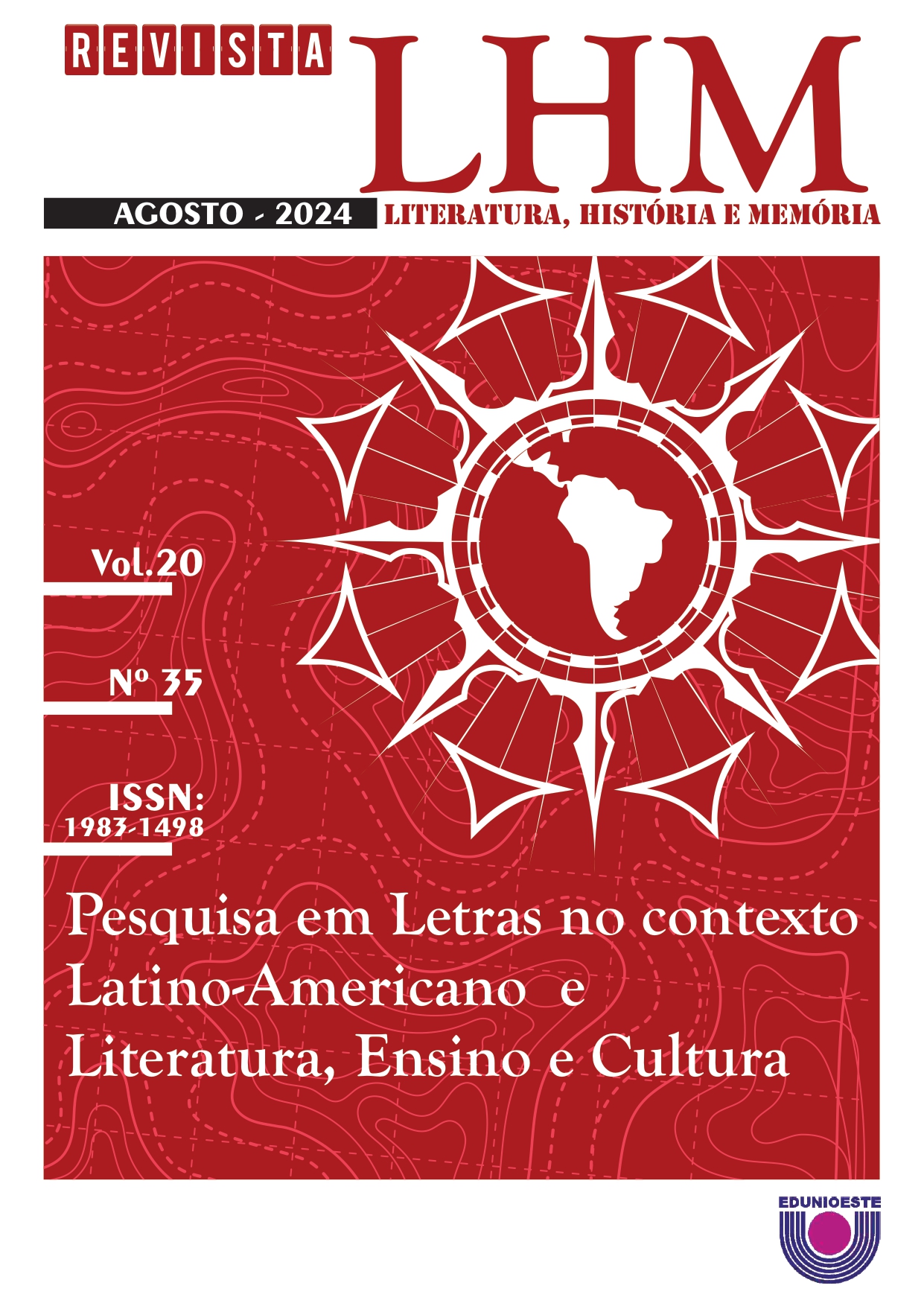Aspectos de religiosidade e moralização nas letras de Alexandre de Gusmão (1629-1724, SJ)
DOI:
https://doi.org/10.48075/rlhm.v20i35.31984Resumo
Este artigo propõe discutir noções teológicas, sob viés retórico, presentes nos escritos do jesuíta Alexandre de Gusmão (1629-1724), que atuou à frente da Companhia de Jesus na América Portuguesa entre os séculos XVII e XVIII. Catequética, a produção do jesuíta acomodava as diretrizes da ordem de Loyola às contingências de pregação na América e aos intuitos de moralização dos costumes de seus leitores. Em meio a discussões acerca da conceição de Maria, da existência do Purgatório ou do uso de relíquias, os escritos de Gusmão possibilitam que aspectos do catolicismo pós-tridentino sejam pensados em solo brasílico, sobretudo relacionados à demonização de outras religiões e a práticas de punição e penitência.
Downloads
Publicado
Como Citar
Edição
Seção
Licença

Este trabalho está licenciado sob uma licença Creative Commons Attribution-NonCommercial-ShareAlike 4.0 International License.
Aviso de Direito Autoral Creative Commons
Política para Periódicos de Acesso Livre
Autores que publicam nesta revista concordam com os seguintes termos:
1. Autores mantém os direitos autorais e concedem à revista o direito de primeira publicação, com o trabalho simultaneamente licenciado sob a Licença Creative Commons Attribution que permite o compartilhamento do trabalho com reconhecimento da autoria e publicação inicial nesta revista.2. Autores têm autorização para assumir contratos adicionais separadamente, para distribuição não-exclusiva da versão do trabalho publicada nesta revista (ex.: publicar em repositório institucional ou como capítulo de livro), com reconhecimento de autoria e publicação inicial nesta revista.
3. Autores têm permissão e são estimulados a publicar e distribuir seu trabalho online (ex.: em repositórios institucionais ou na sua página pessoal) a qualquer ponto antes ou durante o processo editorial, já que isso pode gerar alterações produtivas, bem como aumentar o impacto e a citação do trabalho publicado (Veja O Efeito do Acesso Livre).
Licença Creative Commons
Esta obra está licenciada com uma Licença Creative Commons Atribuição-NãoComercial-CompartilhaIgual 4.0 Internacional, o que permite compartilhar, copiar, distribuir, exibir, reproduzir, a totalidade ou partes desde que não tenha objetivo comercial e sejam citados os autores e a fonte.


